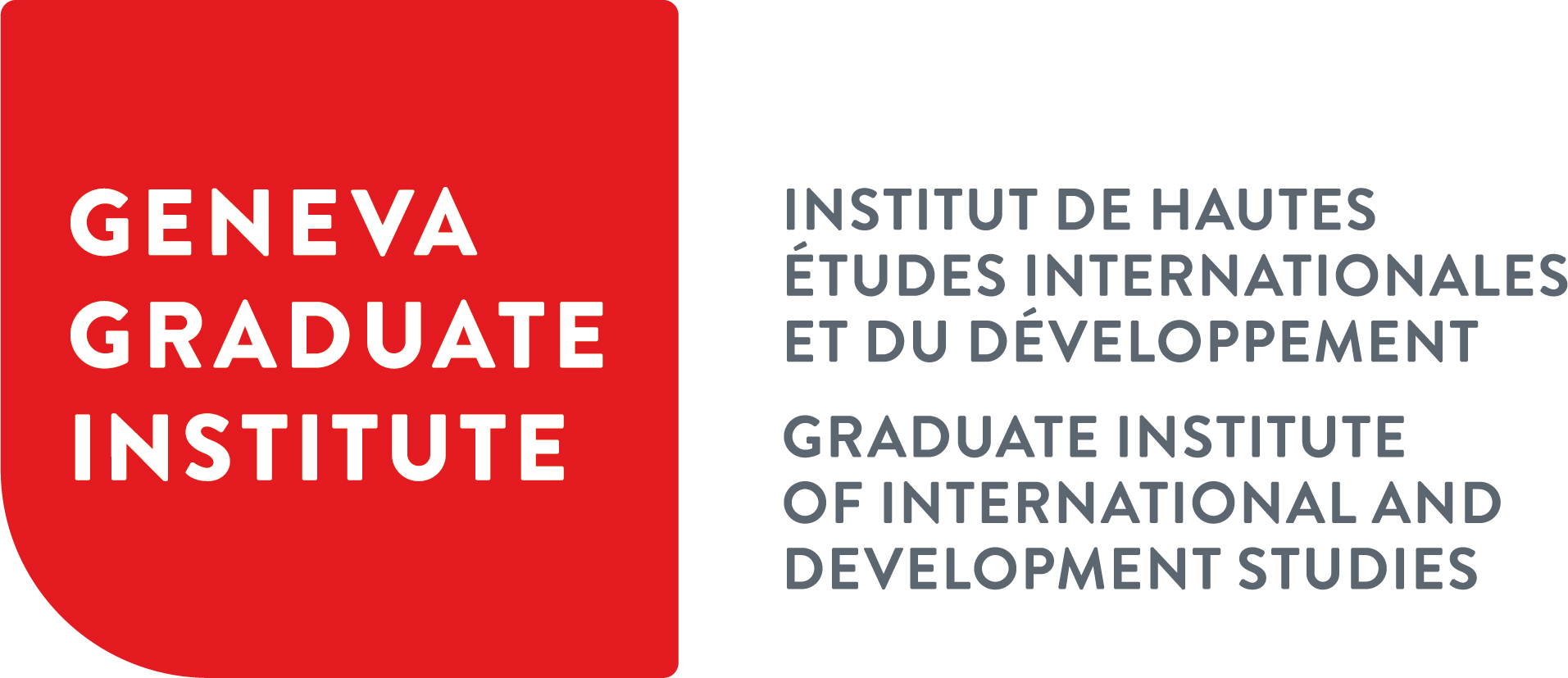News » Egypt: A Non-International Armed Conflict in the Sinai Peninsula with Wilayat Sinai
Egypt: A Non-International Armed Conflict in the Sinai Peninsula with Wilayat Sinai
The Egyptian Government is involved, in the Sinai Peninsula, in a non-international armed conflict (NIAC) against Wilayat Sinai, an armed group that has pledged loyalty to the Islamic State group. Our Rule of Law in Armed Conflicts (RULAC) online portal provides a detailed analysis and legal classification of this NIAC.
Wilayat Sinai: A Well-Organized Armed Group Closely Linked to IS
Wilayat Sinai emerged from Ansar Bayat al-Maqdis (ABM), an armed non-state actor formed in 2011 that brought together a range of different militant groups active in the Sinai. In 2014, it pledged allegiance to the IS group and changed its name in Wilayat Sinai (the Sinai Peninsula).
‘This new allegiance led to an increase in both the scale and complexity of attacks and a close cooperation with IS leadership, notably via the recourse of foreign fighters for train-and-equip programmes and the acquisition of more advanced weaponry’ underlines Dr Chiara Redaelli, Research Fellow at the Geneva Academy.
Wilayat Sinai operates primarily in North Sinai, although it has also claimed responsibility for attacks in other parts of Egypt. In spite of the paucity of precise information regarding its internal structure, the number of members of the group is estimated at between 1,000 and 1,500 active fighters.
The armed group has demonstrated an ability to plan and conduct concerted military operations as well as to procure, transport and distribute arms.
High Intensity of the Armed Violence
Confrontations between the Egyptian armed forces and Wilayat Sinai are reported to be occurring with high frequency and to result in significant violence and displacement.
‘These confrontations involve a high level of sophistication. We have, on the one hand, the Egyptian Army who is deploying its full range of capabilities and, on the other, the Wilayat Sinai who is regularly perpetrating armed attacks against governmental forces as well as terrorist attacks against civilians, especially against the Christian population’ stresses Dr Chiara Redaelli.
At the beginning of 2018, President Abdel Fattah el-Sisi launched a military campaign called ‘Comprehensive Operation Sinai 2018’ against Wilayat Sinai, with the aim of restoring order over the Peninsula before the elections, which took place in March 2018. The operation resulted in the further militarization of the area.
Reaching the Threshold to Classify the Situation as a NIAC
‘We use two criteria to assess whether a situation of armed violence amounts to a NIAC under international humanitarian law: the level of armed violence must reach a certain degree of intensity that goes beyond internal disturbances and tensions, and at least one side to the conflict must be a non-state armed group that exhibits a certain level of organization’ explains Dr Chiara Redaelli.
A series of indicative factors are used to assess whether armed groups exhibit the required degree of organization, such as the existence of a command structure and disciplinary rules and mechanisms; the ability to procure, transport, and distribute arms; the ability to plan, coordinate and carry out military operations; or the ability to negotiate and conclude agreements. If the minimum criterion for organization of the armed groups is not fulfilled, there is no armed conflict.
‘In this particular case, these two criteria are met: the level of violence and the degree of organization of Wilayat Sinai triggered the classification of the situation as a NIAC’ underlines Dr Chiara Redaelli.
Israel’s Intervention in the NIAC
Worried by the developments in the Sinai Peninsula and the alliance between Wilayat Sinai and the IS group, Israel has conducted since 2016 more than 100 air strikes against Wilayat Sinai in Egypt, using unmarked drones, helicopters and jets.
‘Since Israel has intervened in Egypt with the consent of the Egyptian Government, its involvement in the conflict does not affect the classification’ explains Dr Chiara Redaelli.
Collaboration with the University of Essex
RULAC is supported by a law clinic at the Human Rights Centre at the University of Essex. In accordance with the RULAC methodology, a team of Essex postgraduate students drafted the conflict entry on the NIAC in Egypt, which was then revised and complemented by the Geneva Academy.


